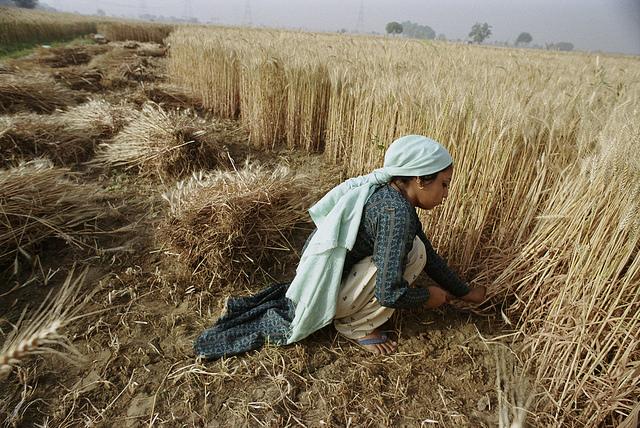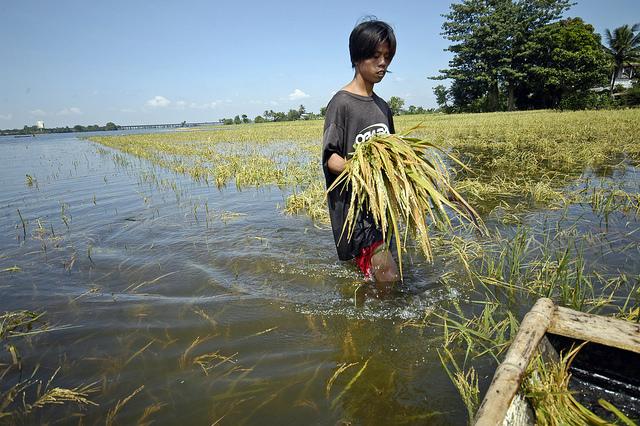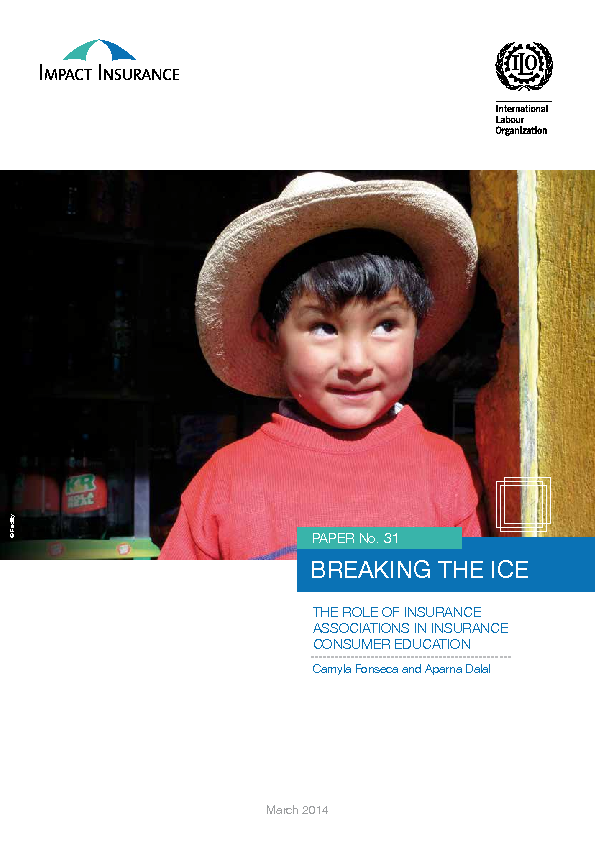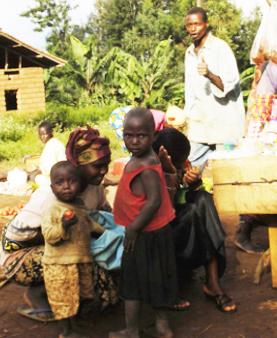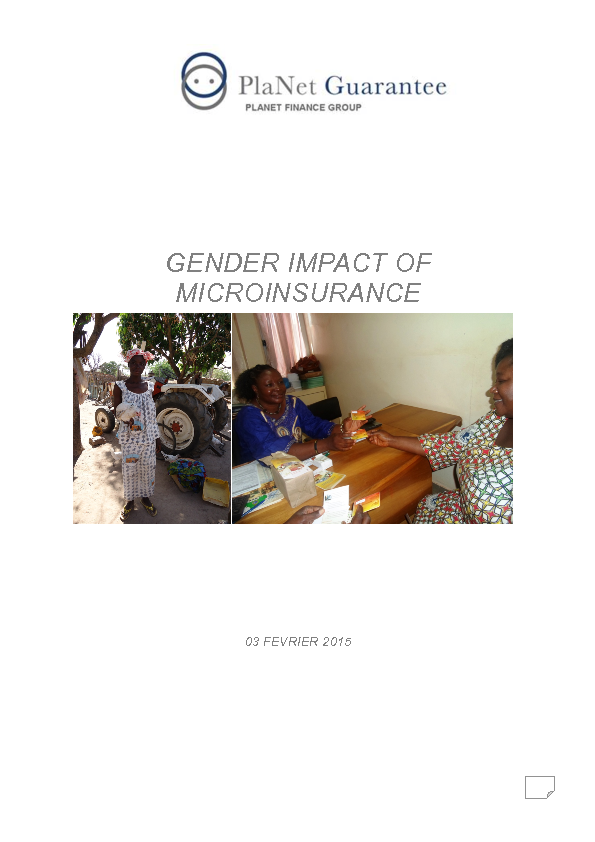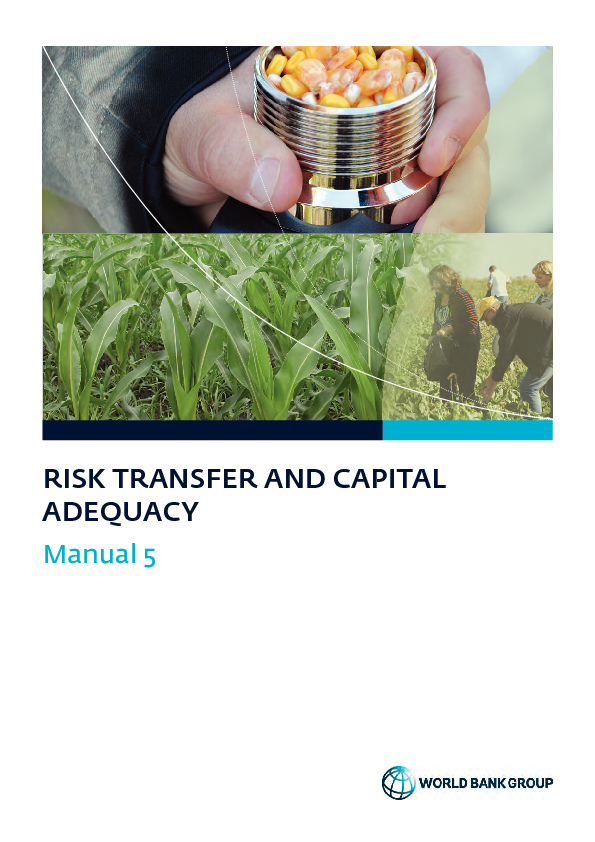Content owner:
Download full publication here. The International Association of Insurance Supervisors (IAIS) is a voluntary membership organisation of insurance supervisors and regulators from more than 200 jurisdictions in nearly 140 countries. The mission of the IAIS is to promote effective and globally consistent supervision of the insurance industry in order to develop and maintain fair, safe and stable insurance markets for the benefit and protection of policyholders, and to contribute to global financial stability.

